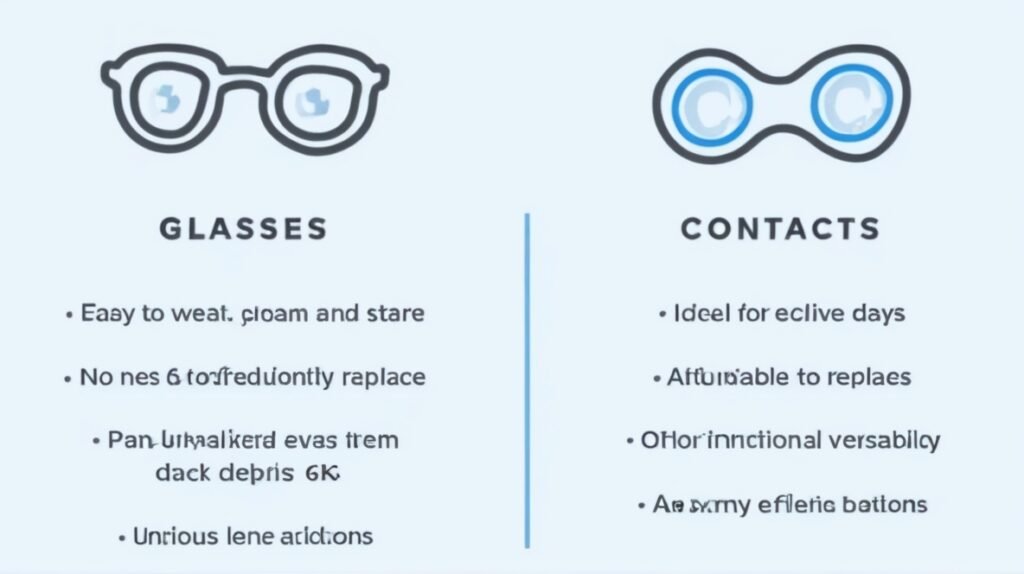Sun, sand, and surf – Maui conjures images of a tropical paradise. But recent news of a travel-related dengue virus case reported by the Hawaii Department of Health (DOH) might have some travelers wondering if their dream vacation could turn into a health nightmare. Worry not, beach lovers! While awareness is crucial, understanding the facts and taking preventive measures can ensure a safe and enjoyable Maui experience.
What is Dengue Fever?
Dengue fever is a mosquito-borne viral infection common in tropical and subtropical regions like Southeast Asia, South America, and the Caribbean. The virus has four distinct serotypes, and infection with one doesn’t guarantee immunity to the others. Subsequent infections with different serotypes increase the risk of severe illness, known as severe dengue.
Symptoms of dengue can range from mild flu-like illness (fever, headache, body aches) to severe complications like internal bleeding and shock. Early diagnosis and medical attention are crucial, especially for people at higher risk of severe dengue, such as young children and pregnant women.
Dengue on Maui: Travel-Related, Not Locally Transmitted
The good news is that the recent case reported on Maui is travel-related, meaning the individual contracted the virus abroad and did not transmit it locally. While Hawaii is home to mosquitoes capable of carrying dengue, the disease hasn’t been established (endemic) in the state since 2016. This means the risk of local transmission remains low.
Taking Precautions: Protecting Yourself from Dengue bites
Despite the low local transmission risk, it’s always wise to be proactive, especially if you’re visiting areas with known dengue cases:
- Mosquito Repellent: This is your main defense! Use an EPA-registered repellent with at least 20% DEET, 30% picaridin, or 10% oil of lemon eucalyptus. Apply generously to exposed skin and reapply every few hours, especially after sweating or swimming.
- Protective Clothing: Wear long-sleeved shirts, pants, and socks during peak mosquito hours (dawn and dusk). Opt for loose-fitting, breathable fabrics treated with permethrin (a long-lasting insecticide).
- Reduce Breeding Sites: If staying in accommodations with outdoor areas, ensure they have mosquito nets or screens on windows and doors. Eliminate potential mosquito breeding grounds by emptying standing water from containers, gutters, and other objects around your lodgings.
What to Do if You Develop Symptoms
If you experience fever, headache, body aches, or other dengue symptoms within two weeks of returning from Maui, seek immediate medical attention. Inform your doctor about your travel history and possible dengue exposure. Early diagnosis and treatment can significantly improve outcomes.
Stay Informed, Stay Safe
Remember, knowledge is power! Here are some reliable resources for staying informed about dengue and travel recommendations:
- Hawaii Department of Health: https://health.hawaii.gov/docd/disease_listing/dengue/
- Centers for Disease Control and Prevention (CDC): https://www.cdc.gov/dengue/index.html
- World Health Organization (WHO): https://www.who.int/health-topics/dengue-and-severe-dengue
By following these simple precautions and staying informed, you can minimize your risk of dengue and enjoy a healthy, unforgettable Maui adventure!


